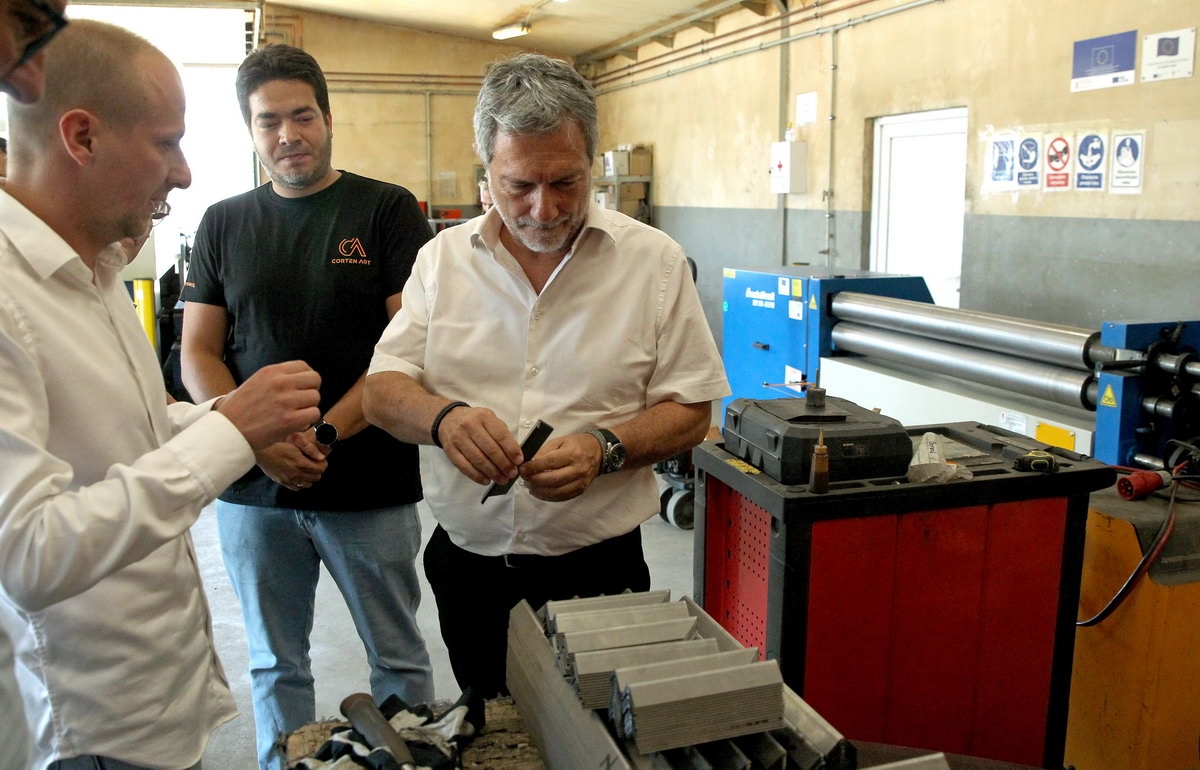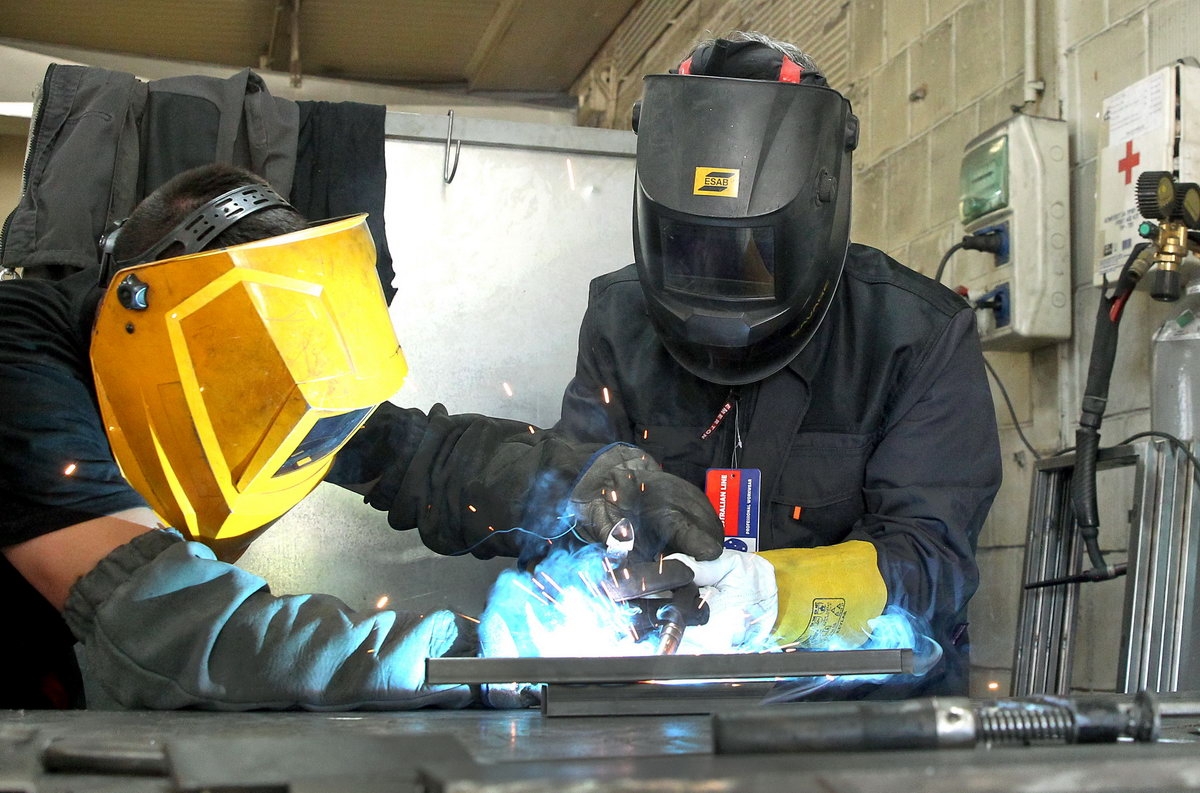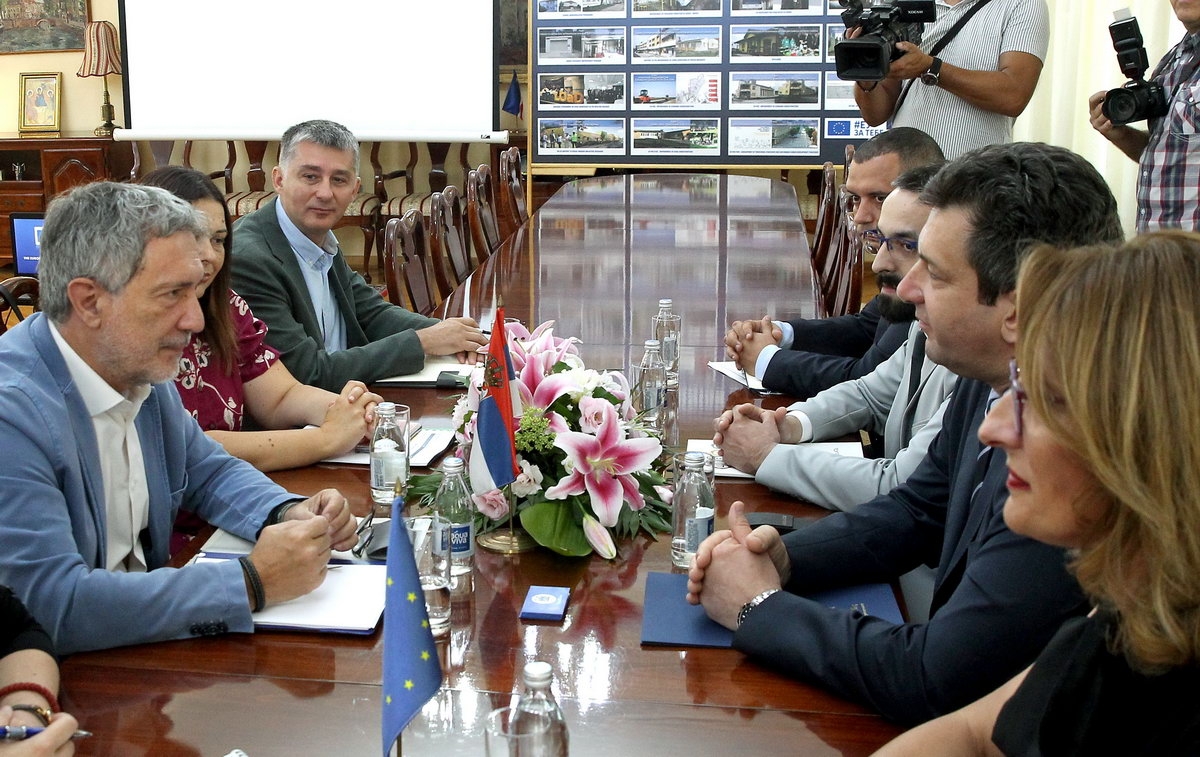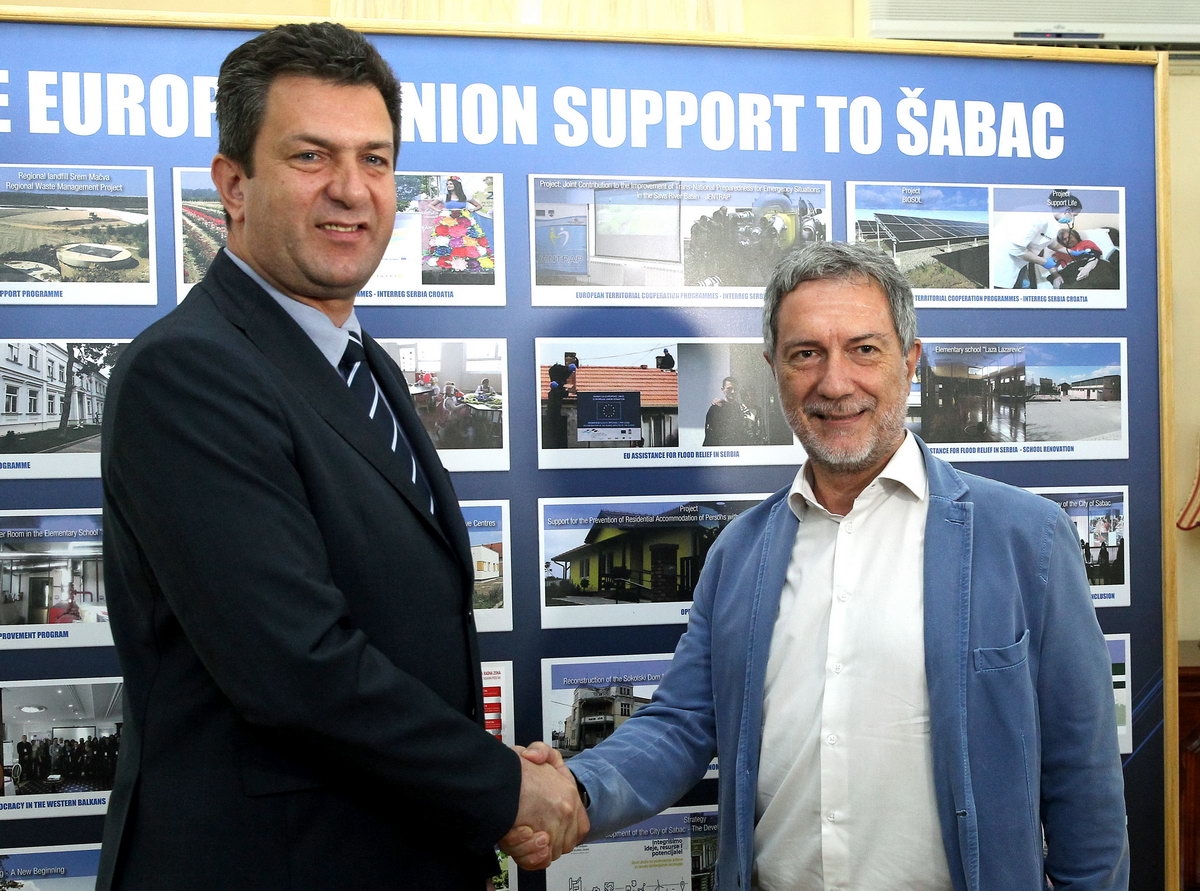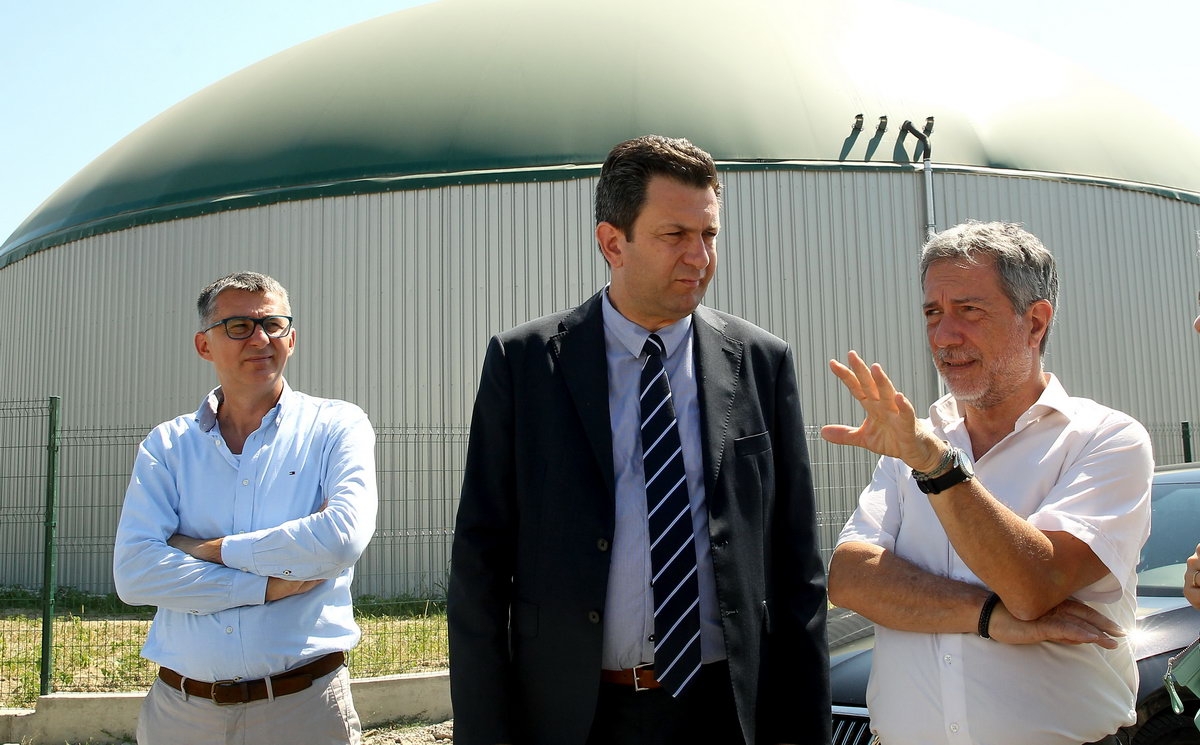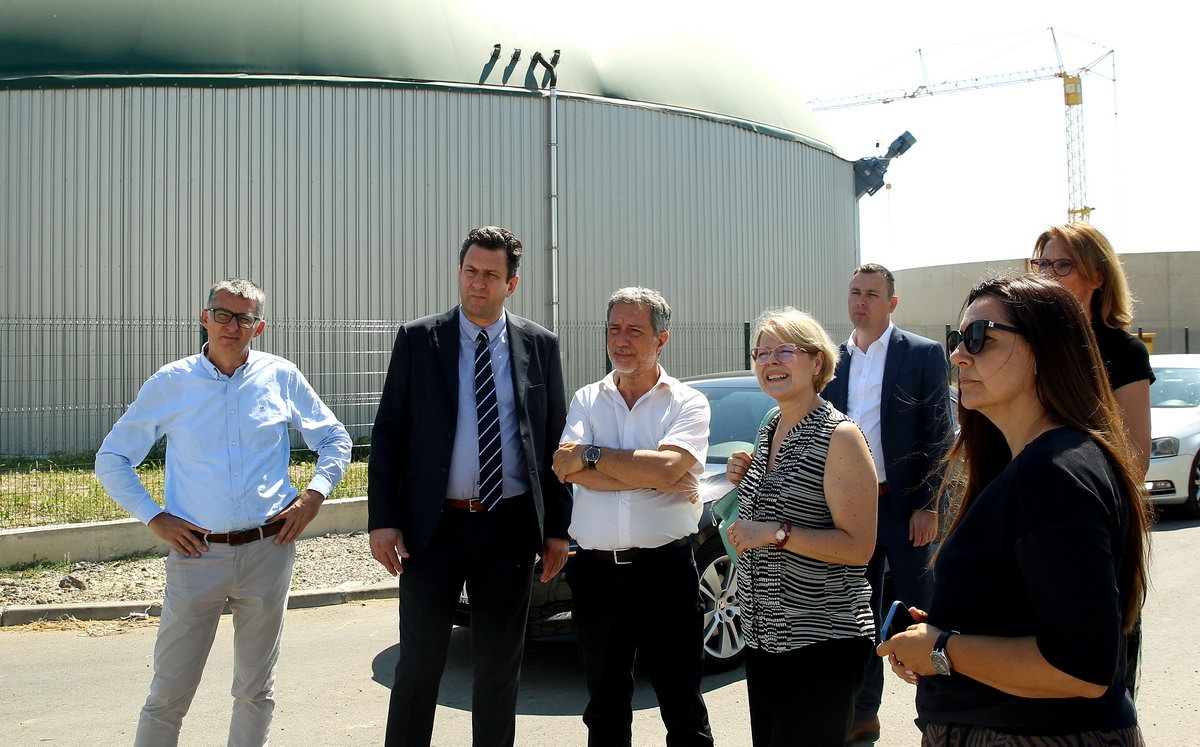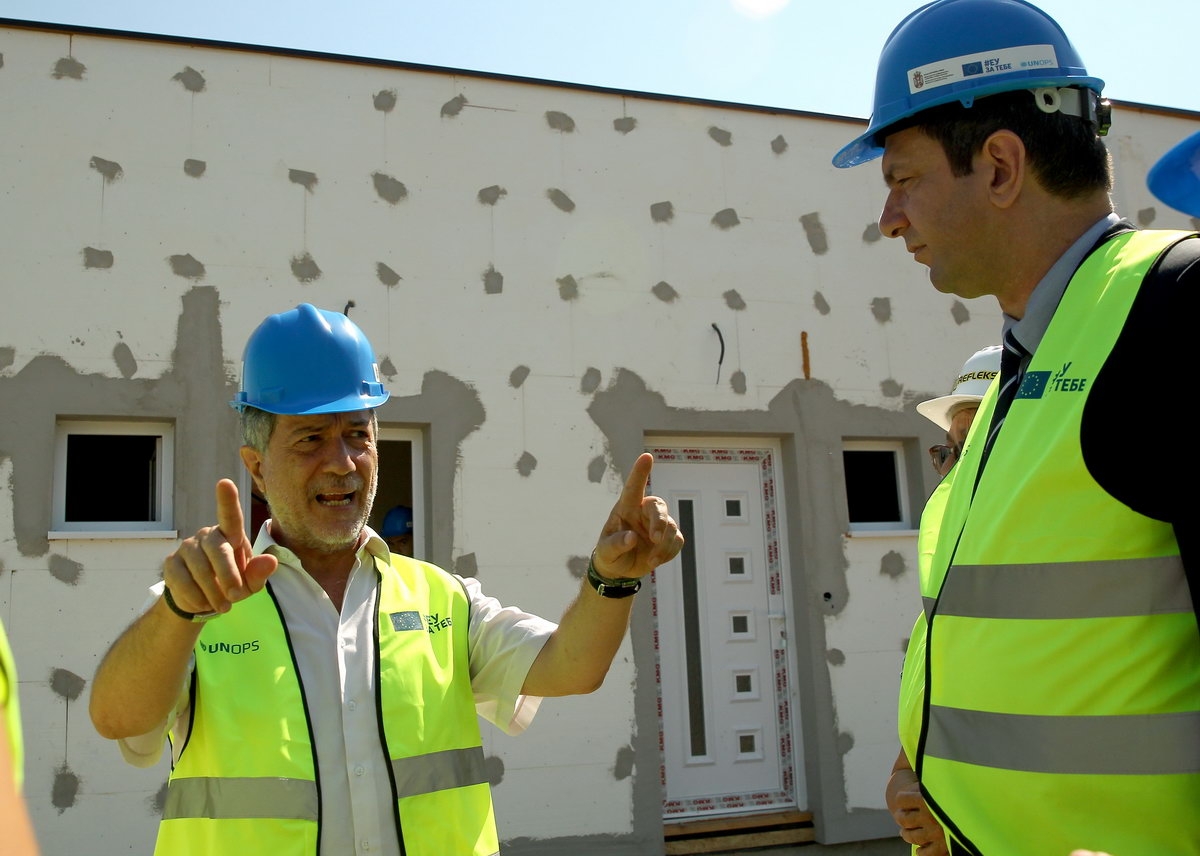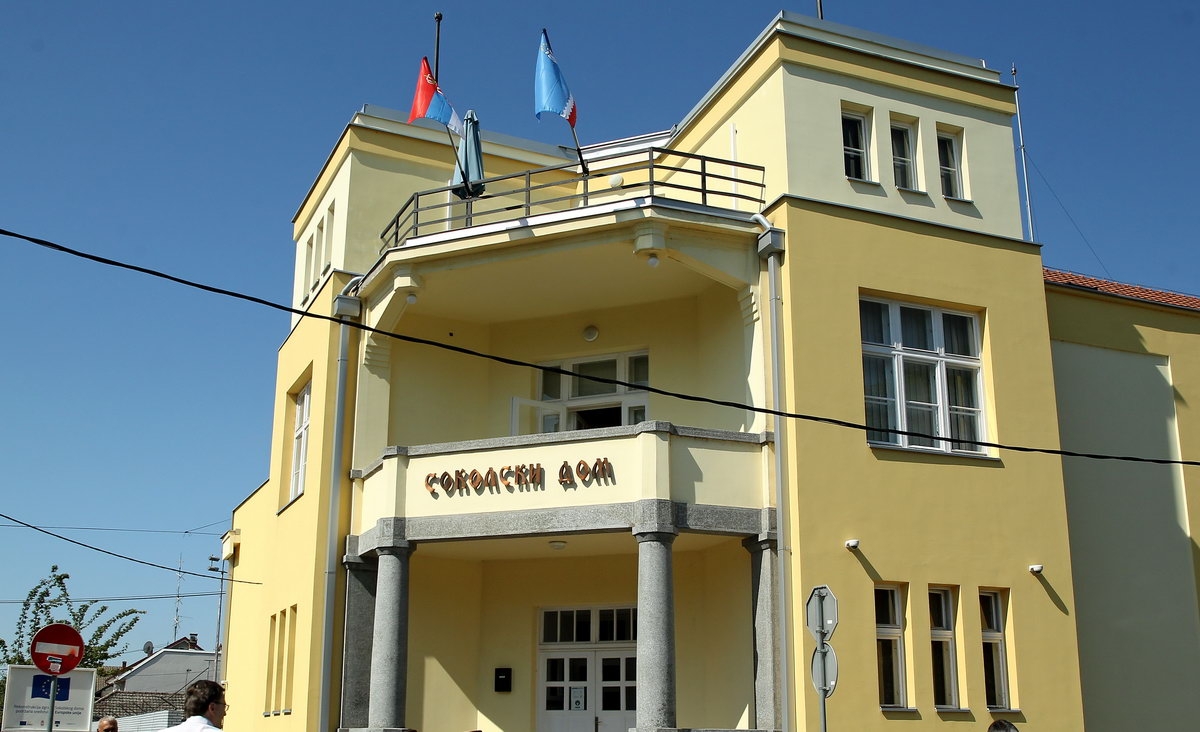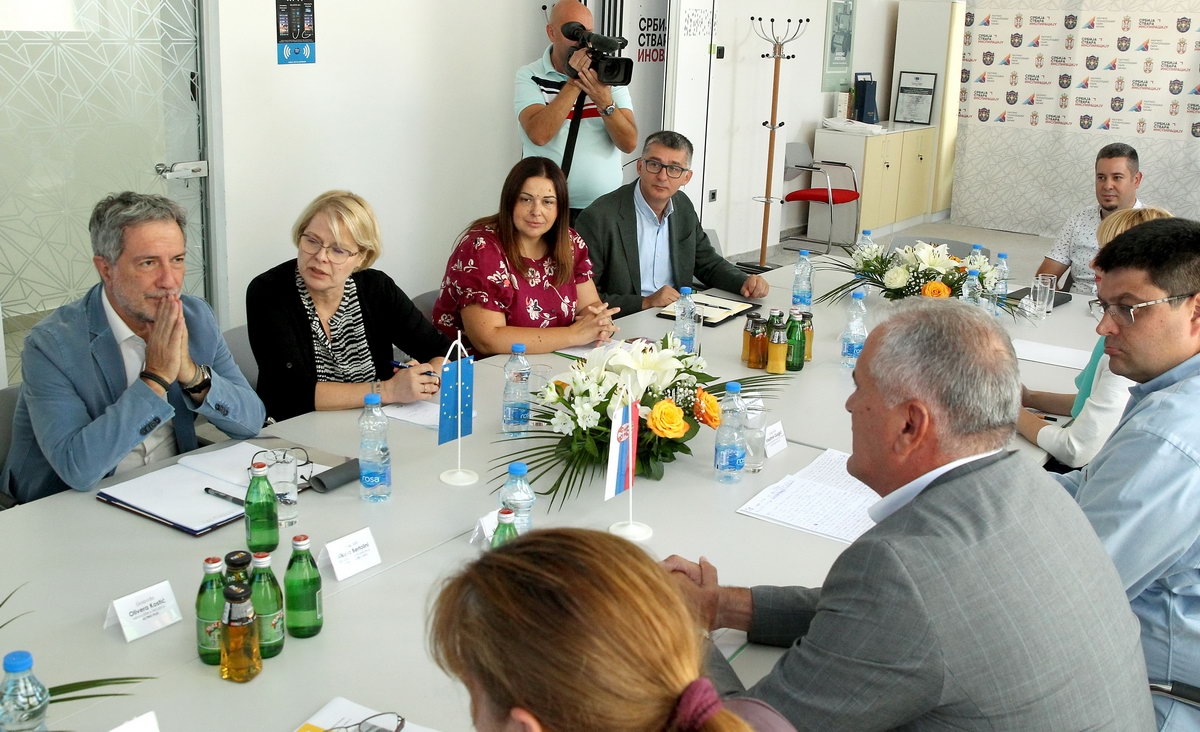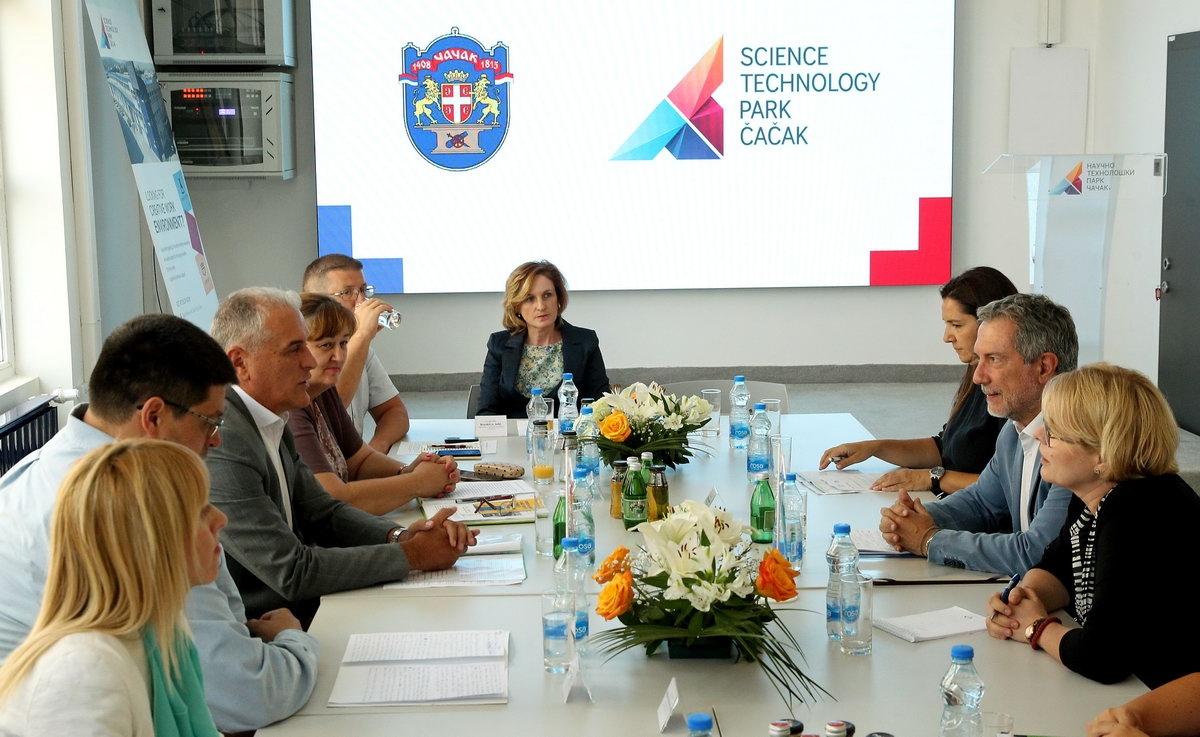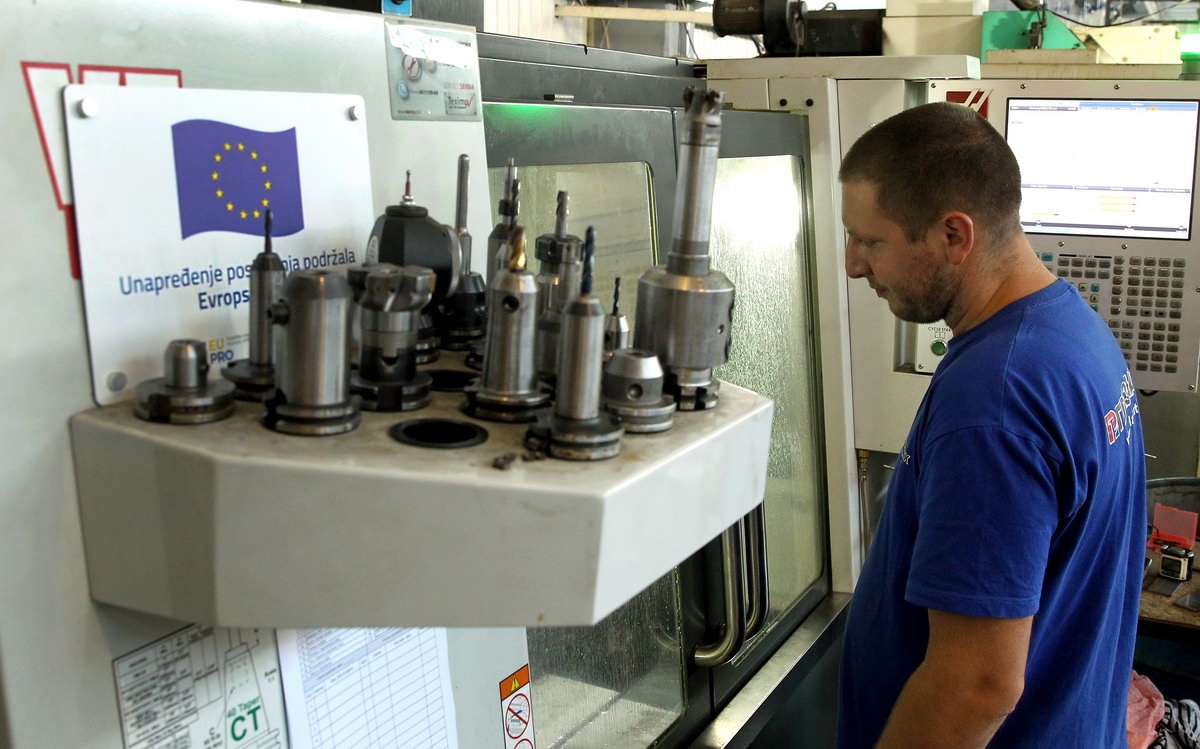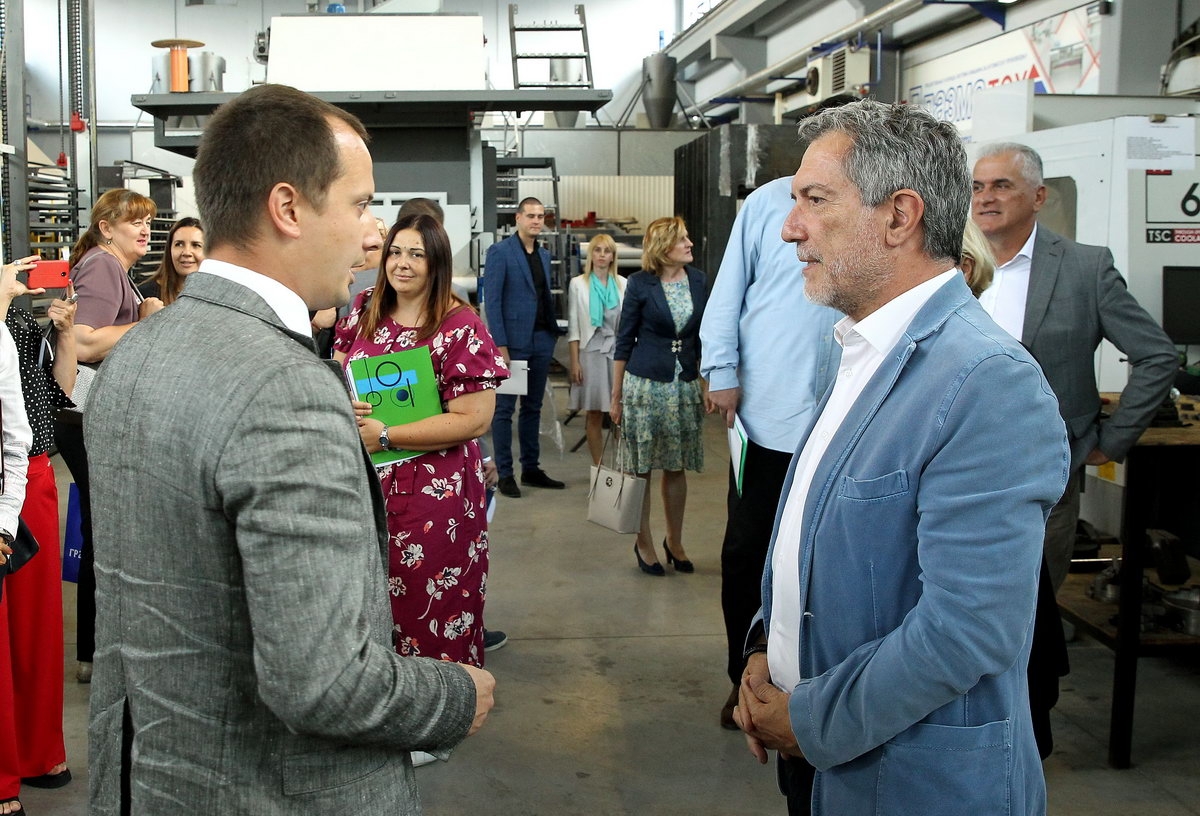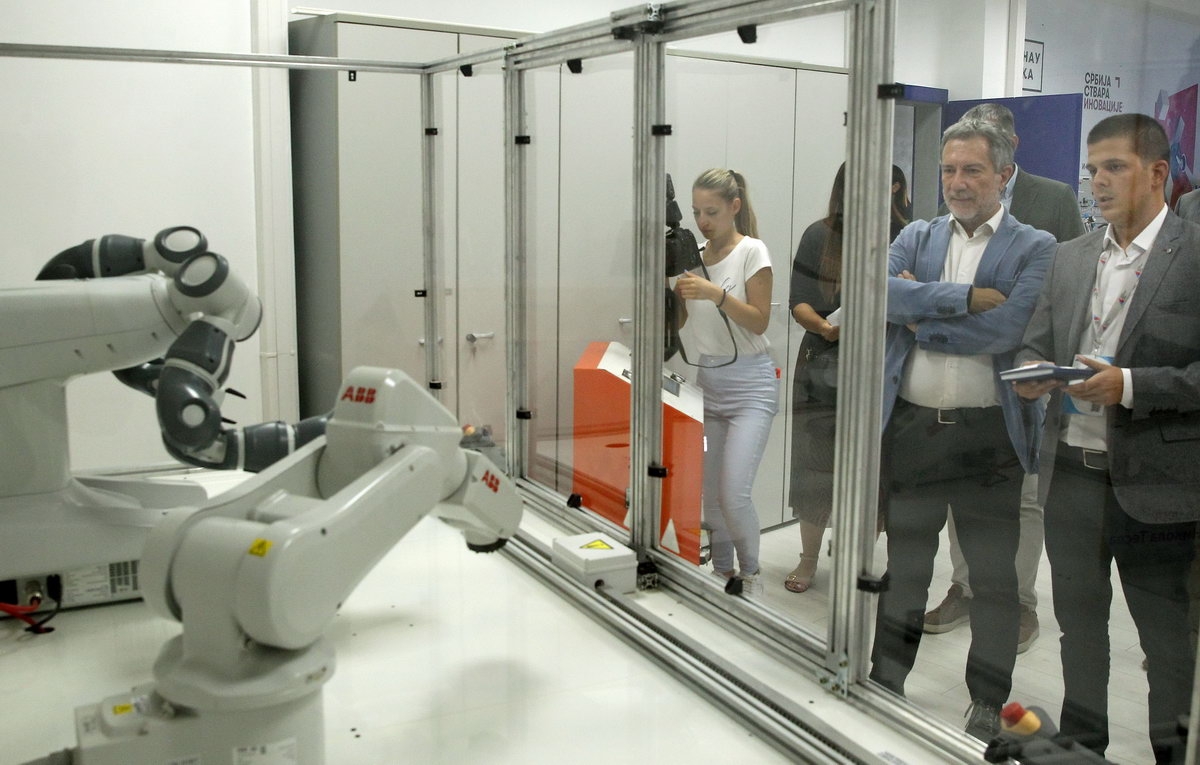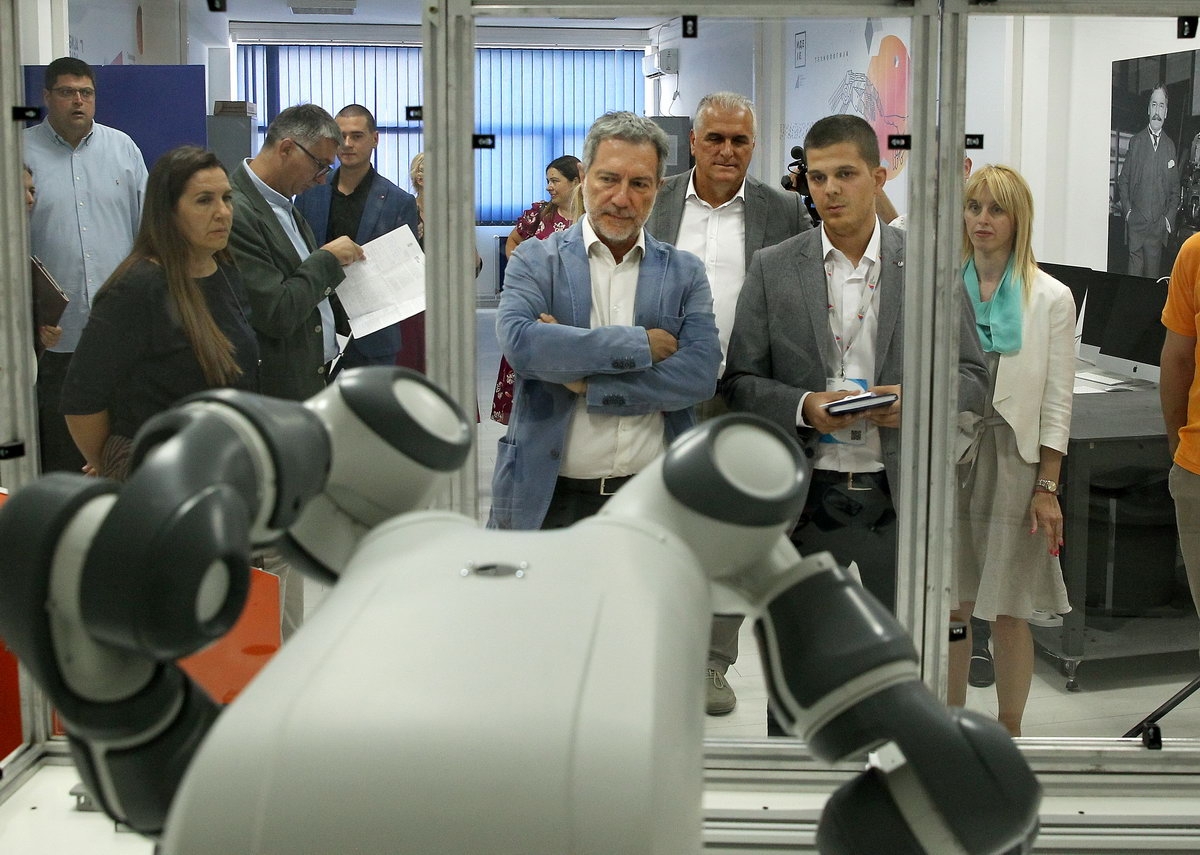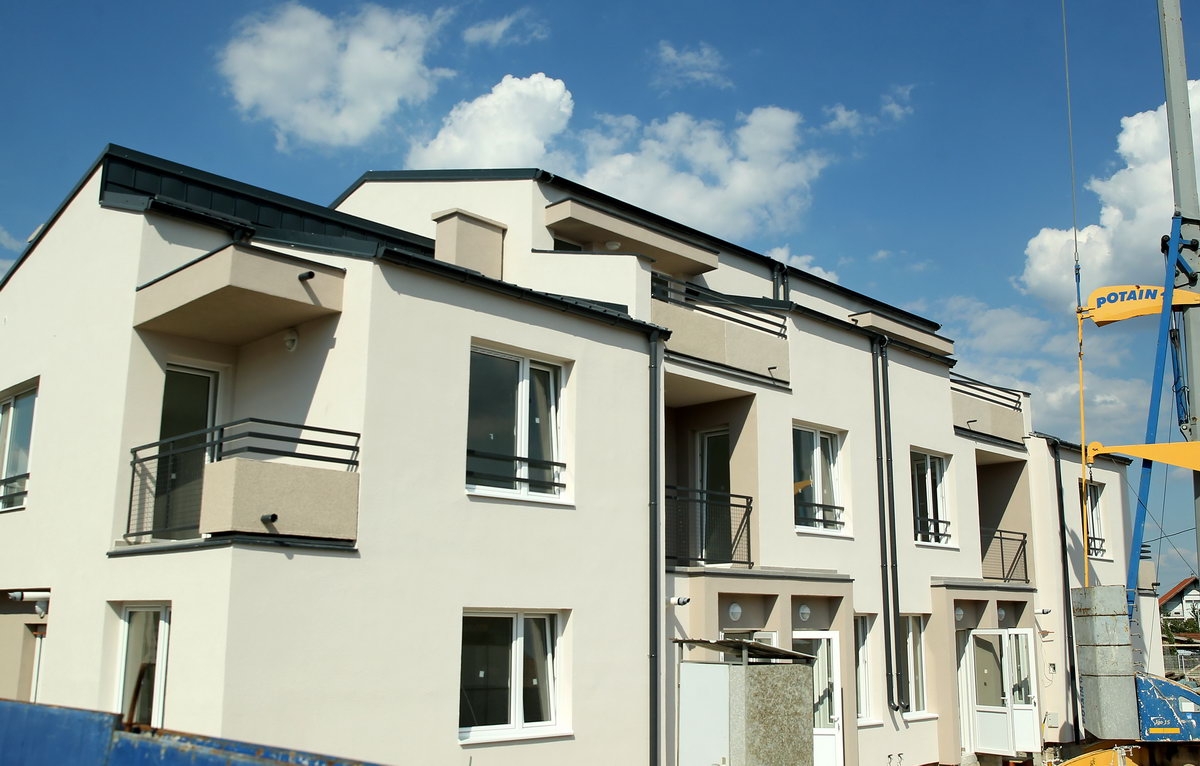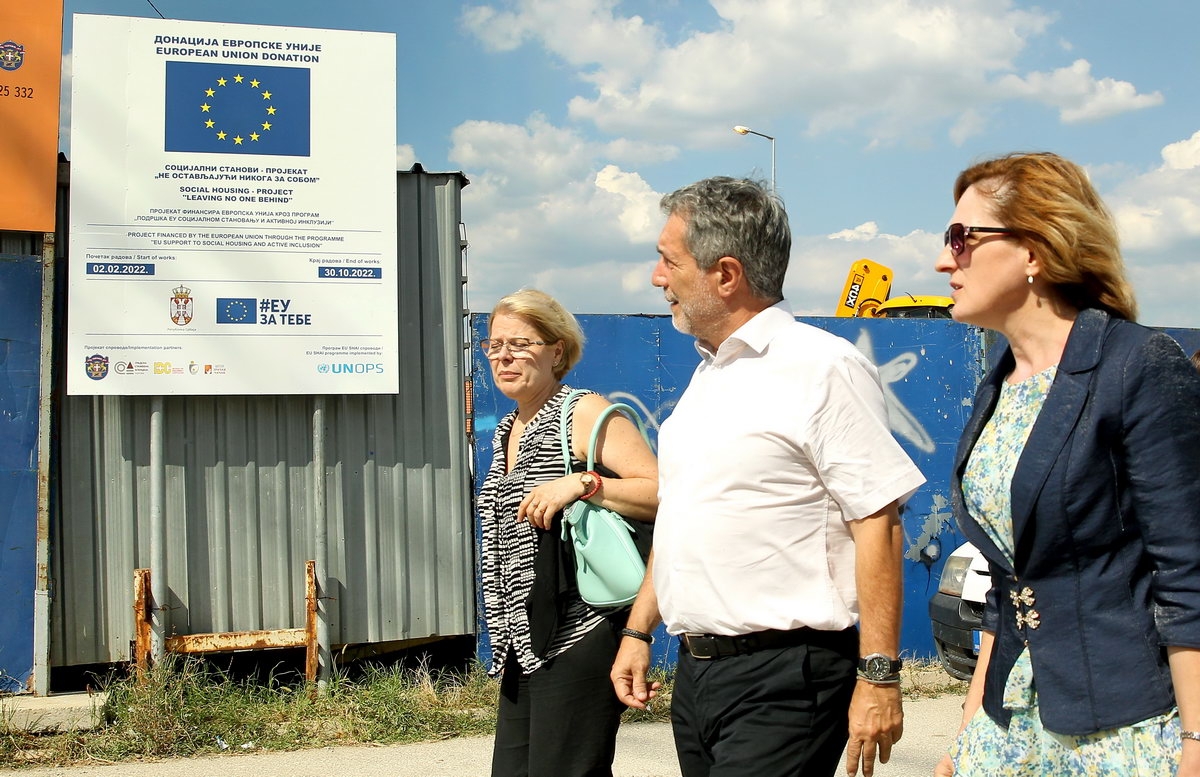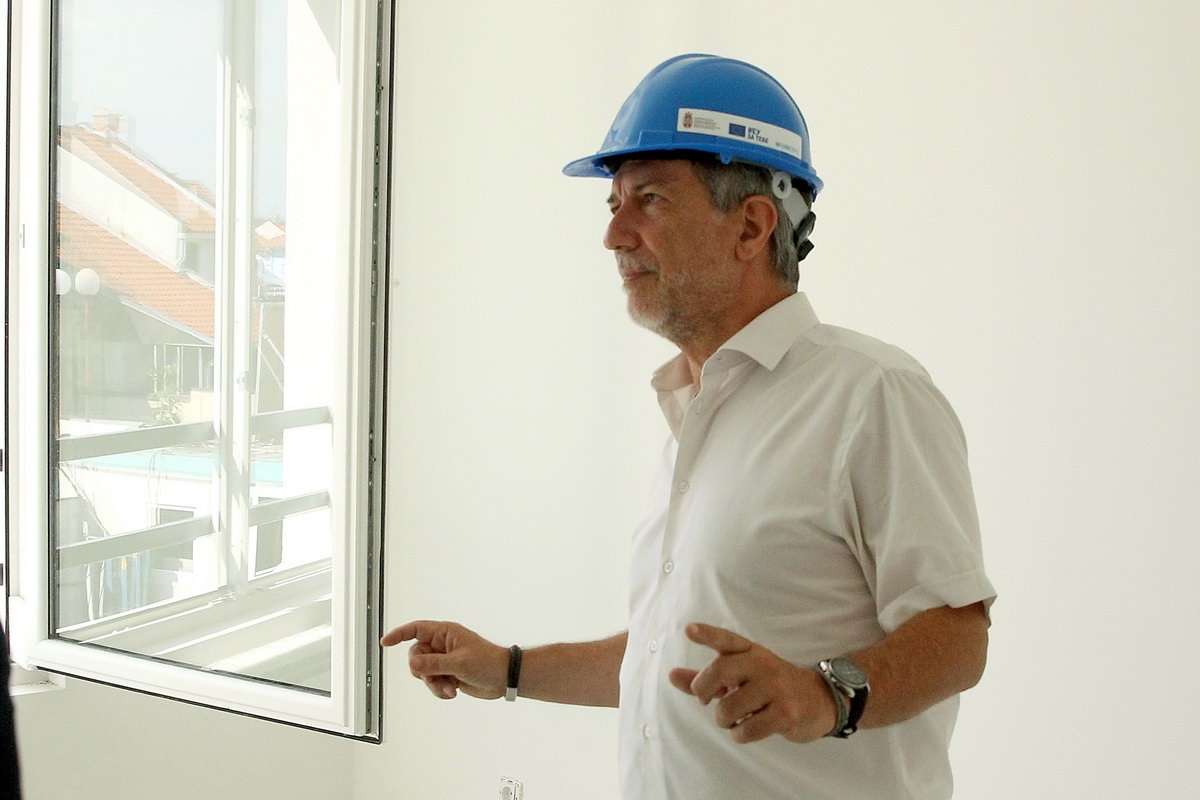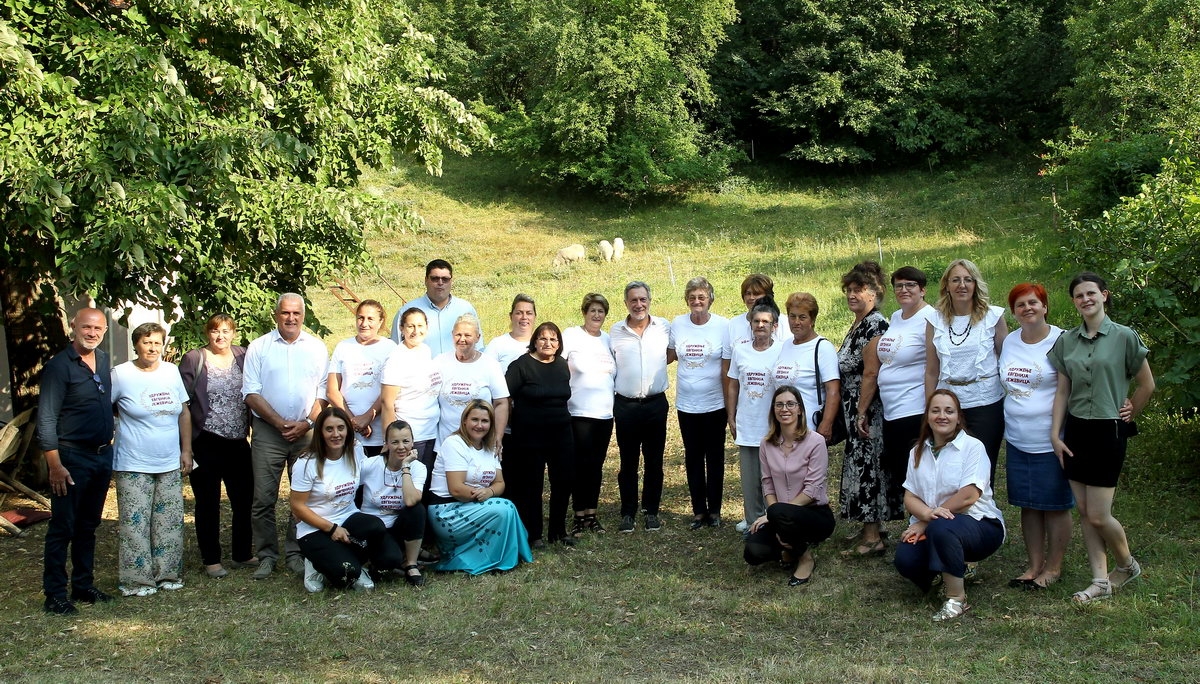Šabac, 2 August 2022
Šabac and Čačak - EU and local self-governments as partners for a better life of citizens
"In the previous period Šabac has shown that it has the ability to absorb European funds for important projects in all areas that the EU can support. The City takes care of environmental protection, vulnerable groups, young people, and civil society, as the local self-government that is on the right path to the European Union. And the next step is to further increase the capacities of the City, so that it can absorb even more EU funds", said the Head of the Cooperation of the Delegation of the European Union in Serbia.
"In the past fifteen years, with the European Union as a partner, we have implemented about 30 projects with a total value of about 40 million Euros, of which EU support amounted to about 24 million Euros in grants. The EU was also a partner of the City in moments when it was most needed, during flood protection, recovery of its harmful consequences, as well as during in the fights against the the spread of the coronavirus, thus showing the care for the citizens of Šabac", said the Mayor, Aleksandar Pajić.
Together with the Šabac Mayor, the Head of the Cooperation of the EU Delegation visited the works on the construction of 22 residential buildings for the vulnerable population. Through the EU Support for Social Housing and Active Inclusion programme, the EU, with financial support of more than 620,000 Euros, will contribute to the improvement of living conditions and inclusion in the social and economic life of the local community by building individual housing units and the implementation of active social inclusion measures.
After that, the Mayor and the representative of the EU Delegation visited the North-West Work Zone that was expanded and equipped with infrastructure with EU support worth 710,000 Euros. The works included the construction of roadways, the installation of a water supply network, faecal and rain sewages in this industrial zone in Serbia, one of the largest in Serbia covering 600 ha and hosting 35 companies.
In Šabac, the EU Delegation Head of the Cooperation also visited the company Corten Art, which, using EU grants, acquired a new machine for metal shaping, and improved production and now has 11 employees.
In Čačak, Nikola Bertolini, after a meeting with the deputy mayor Vladan Milić, visited the premises of the Science and Technology Park (STP), which, with EU funds, realizes projects aimed at increasing competitiveness and networking of small and medium-sized enterprises through the introduction of innovations and new technologies, robotics and processing of large data.
Bertolini then saw the works on the construction of a social housing facility aimed for 12 socially vulnerable families, young people whose accommodation in a foster family or social welfare institution has ended, persons with disabilities and women victims of domestic violence in the Obrež settlement of Čačak. Within the project, worth over 1.1 million Euros, of which EU support is 922,577 Euros, a total of 44 families will get homes as, in addition, to these 12 apartments, 32 more housing units will be reconstructed or purchased.
"I visited the Science and Technology Park and saw interesting projects focused on innovation, circular economy, environmental protection, as well as examples of waste separation, which is not done in many of cities in Serbia. I am also impressed with the implementation of the social housing project," said Bertolini, adding that Čačak can be an example for other local self-governments when it comes to using EU funds.
He particularly pointed out that the City of Čačak already understood that for further development and even greater support from the EU, the engagement of young people both in local self-governments and local campaigns is necessary, because the future lies with young people," said Nicola Bertolini.
Vladan Milić, Deputy Mayor, emphasized the importance of EU support for numerous projects that the representative of the EU Delegation had the opportunity to see in Čačak.
The Head of the Department of the EU Delegation also visited the "Evgenija" Association, which, together with the "Laris" Association and with the support of the EU, implemented a project that helped 200 women from rural and urban areas of Čačak and Kragujevac. Women who lost their jobs due to the consequences of the Covid-19 pandemic, who faced difficulties in business or the possibility of finding a job, improved their position on the labor market through education and mentoring support, and the 14 of them with the best ideas received equipment to tart or improve business.
